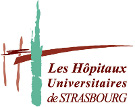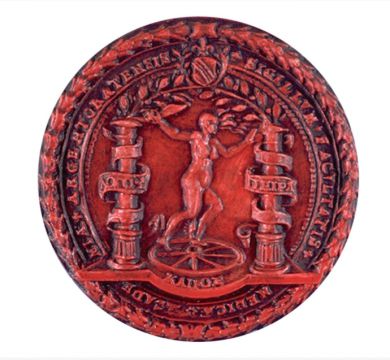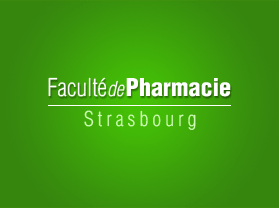Mycology
In recent years, the incidence of fungal infections has increased dramatically, especially in immunocompromised patients. Numerous studies have shown that early initiation of appropriate antifungal therapy is crucial for reducing mortality.
In our laboratory, we perform identification by molecular sequencing of specific targets for cryptic species of the genera Aspergillus, Fusarium and Scedosporium, these molds being more and more frequently responsible of invasive fungal infections.
Susceptibility to antifungals varies according to the genus and species of the fungal agent. Fungal taxonomy is evolving, thus the identification methods need to be faster and more accurate.
Mass spectrometry is gaining considerable momentum in the field of fungal infections diagnosis. The development in our laboratory of new databases for rapid and accurate identification of dermatophytes, Mucorales and species of the genera Malassezia, Cryptococcus and Trichosporon facilitates a more prompt initiation of appropriate treatment and a better knowledge of local epidemiology.
Our laboratory is also a center of expertise for laboratory reagents, in collaboration with various industrial partners.
Candidemias are the third leading cause of sepsis in intensive care units. Candida albicans is the most frequently isolated species followed by C. glabrata, C. tropicalis, C. krusei and C. parapsilosis. The incidence of candidaemia due to C. albicans has declined over the years from 80% in the 1990s to 50% currently. This decrease was in favor of other Candida species, in particular C. glabrata, which is the 2nd most isolated species in France (17%). Its incidence remains variable according to the French region and is highest in the Strasbourg University Hospital (HUS) where it is isolated in 20% of candidaemia (RESSIF data).
The particularity of C. glabrata consists in its ability to evade the immune system and persist in the body. The cytokine secretion pattern during C. glabrata infections appear to be a key factor in the intra-macrophage persistence of this yeast.
Our mycology research team is interested in these pathogenic host interactions from an immunological point of view by exploring in particular the cytokinic response profile of the macrophages when infected by C. glabrata, and the cytokine regulation by this yeast. Our research will allow a better knowledge of the cytokine environment induced by C. glabrata during candidemias in humans.







